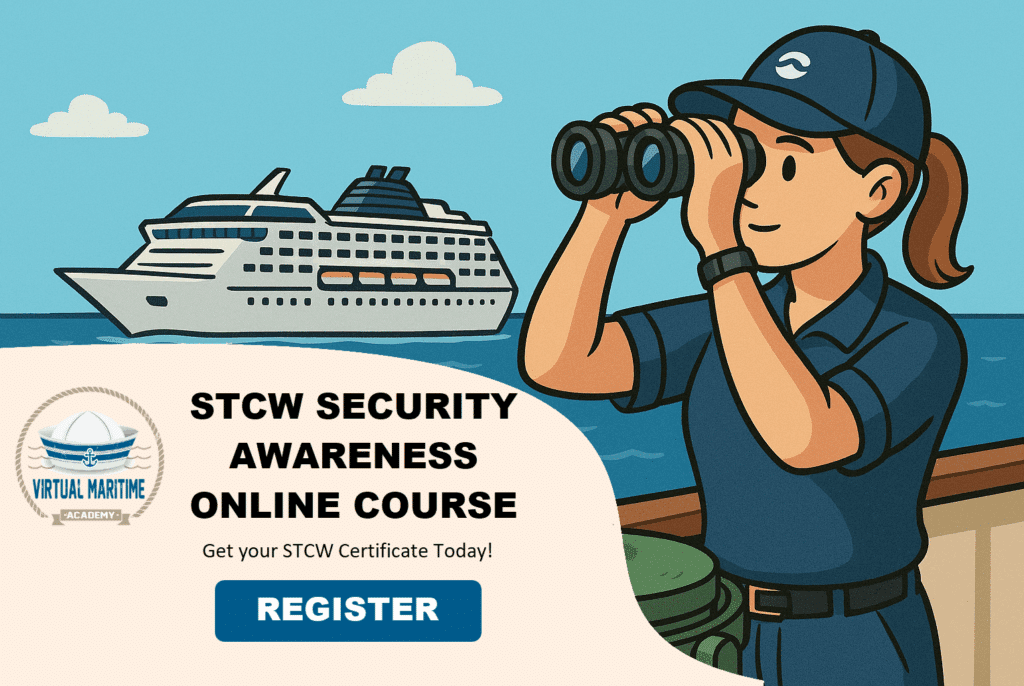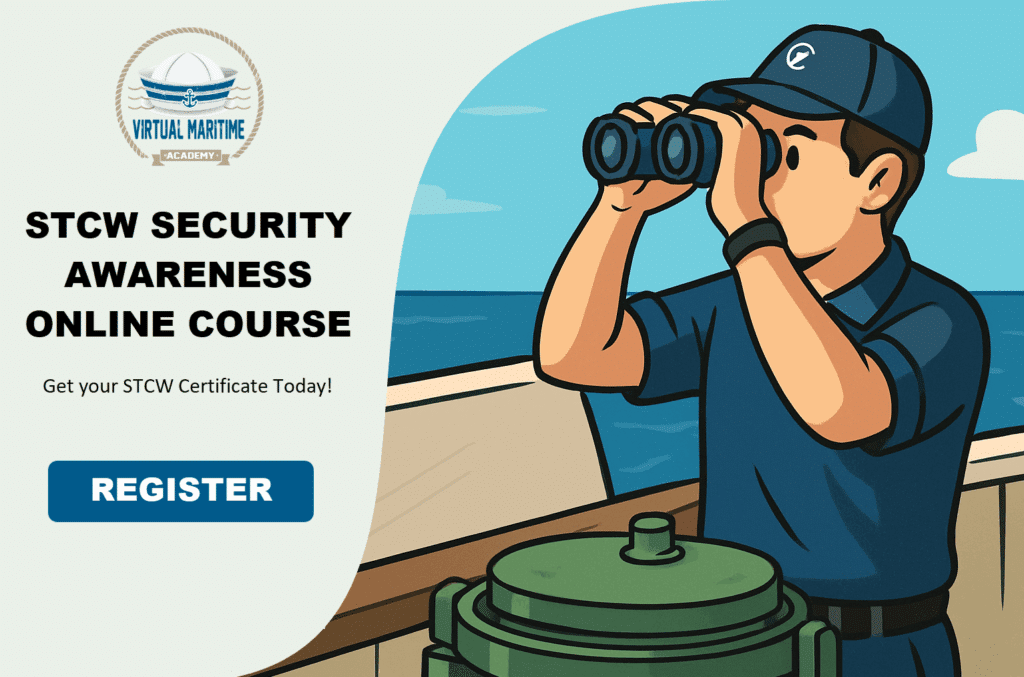In the complex landscape of maritime operations, ensuring safety and security on the high seas is paramount. One crucial figure in achieving this goal is the Company Security Officer (CSO). With increasing threats in the maritime industry, comprehensive Company Security Officer (CSO) Training: The First Line of Defense in Maritime Security has become more vital than ever. This article delves into the role of a CSO, outlines the critical components of effective training, discusses best practices for security management, and explores the relevant regulatory frameworks that govern maritime security.
Learn more about our Courses here!
Key Takeaways
- A Company Security Officer plays a crucial role in maintaining maritime security by implementing effective security measures.
- Key training components for CSOs include risk assessment, security planning, and incident response strategies.
- Effective security management requires continuous training and the adoption of best practices to adapt to evolving threats.
- Understanding the regulatory framework is essential for CSOs to ensure compliance with international maritime security standards.
- Collaboration with stakeholders is vital for a comprehensive approach to maritime security.
Understanding the Role of a Company Security Officer
In today’s world, maritime security is more crucial than ever, and at the forefront of this defense is the Company Security Officer (CSO). The role of a CSO involves not only overseeing security protocols onboard vessels and within port facilities but also ensuring compliance with international maritime laws and regulations. Effective CSO training is essential, as it equips the officer with the necessary skills to identify threats, assess risks, and devise strategic responses to potential security breaches. With a solid understanding of best practices in maritime security, a well-trained CSO serves as the first line of defense, safeguarding assets, personnel, and the environment from a wide array of threats, including piracy, terrorism, and smuggling activities. Investing in comprehensive Company Security Officer training ultimately enhances the overall security posture of maritime operations, fostering a safer environment for all stakeholders involved.
Key Training Components for Maritime Security
In today’s world, ensuring maritime security has never been more critical, and a well-trained Company Security Officer (CSO) plays a pivotal role in safeguarding vessels and their crews. CSO Training: The First Line of Defense in Maritime Security focuses on equipping security personnel with the necessary skills and knowledge to address potential threats effectively. Key training components include risk assessment, emergency response procedures, and compliance with international regulations, such as the ISPS Code. Additionally, CSO training emphasizes the importance of collaboration with local authorities and other maritime security stakeholders to create comprehensive security plans. By investing in robust CSO training programs, companies not only enhance their abilities to prevent and respond to security incidents but also ensure the safety and well-being of their maritime operations.
‘In the battle for security, the strongest weapon is knowledge.’ – Anonymous
Learn more about our Courses here!
Best Practices for Effective Security Management
In today’s ever-evolving threat landscape, ensuring robust maritime security is crucial, making Company Security Officer (CSO) Training a critical component of effective security management. A well-trained CSO serves as the first line of defense against potential security breaches, equipping them with the knowledge and skills required to identify threats, implement security measures, and respond to incidents swiftly. Best practices for CSO training include comprehensive curriculum development that covers not only regulatory compliance, such as the International Ship and Port Facility Security (ISPS) Code, but also practical scenarios that help officers handle real-world situations. Regular drills and simulations should be conducted to keep security teams prepared, while ongoing education ensures that CSOs remain updated on emerging threats and technologies. By focusing on these best practices, companies can enhance their security posture, ensuring that their maritime operations remain safe and secure.
Regulatory Framework and Compliance in Maritime Security
In today’s complex maritime landscape, the role of the Company Security Officer (CSO) is crucial for ensuring compliance with international and national regulations aimed at safeguarding vessels and port facilities. With the implementation of the International Ship and Port Facility Security (ISPS) Code, CSO training has become a fundamental part of the regulatory framework in maritime security. This training not only equips individuals with the necessary skills to assess security risks but also prepares them to respond effectively to threats. A well-trained CSO serves as the first line of defense in maritime security, facilitating the development of comprehensive security plans, conducting regular audits, and ensuring that all personnel are aware of their responsibilities regarding security protocols. By adhering to established guidelines and continuously updating their knowledge through ongoing training, CSOs can significantly enhance the security posture of their organizations, ultimately contributing to safer maritime operations.
About Virtual Maritime Academy
Virtual Maritime Academy is a leading provider of online maritime education and training, offering a wide range of courses designed to meet the needs of the global maritime industry. With a commitment to quality and innovation, Virtual Maritime Academy is dedicated to preparing seafarers and maritime professionals for success in their careers. Now a DNV Certified Maritime Training Provider, the academy upholds the highest standards of excellence in training and education.













